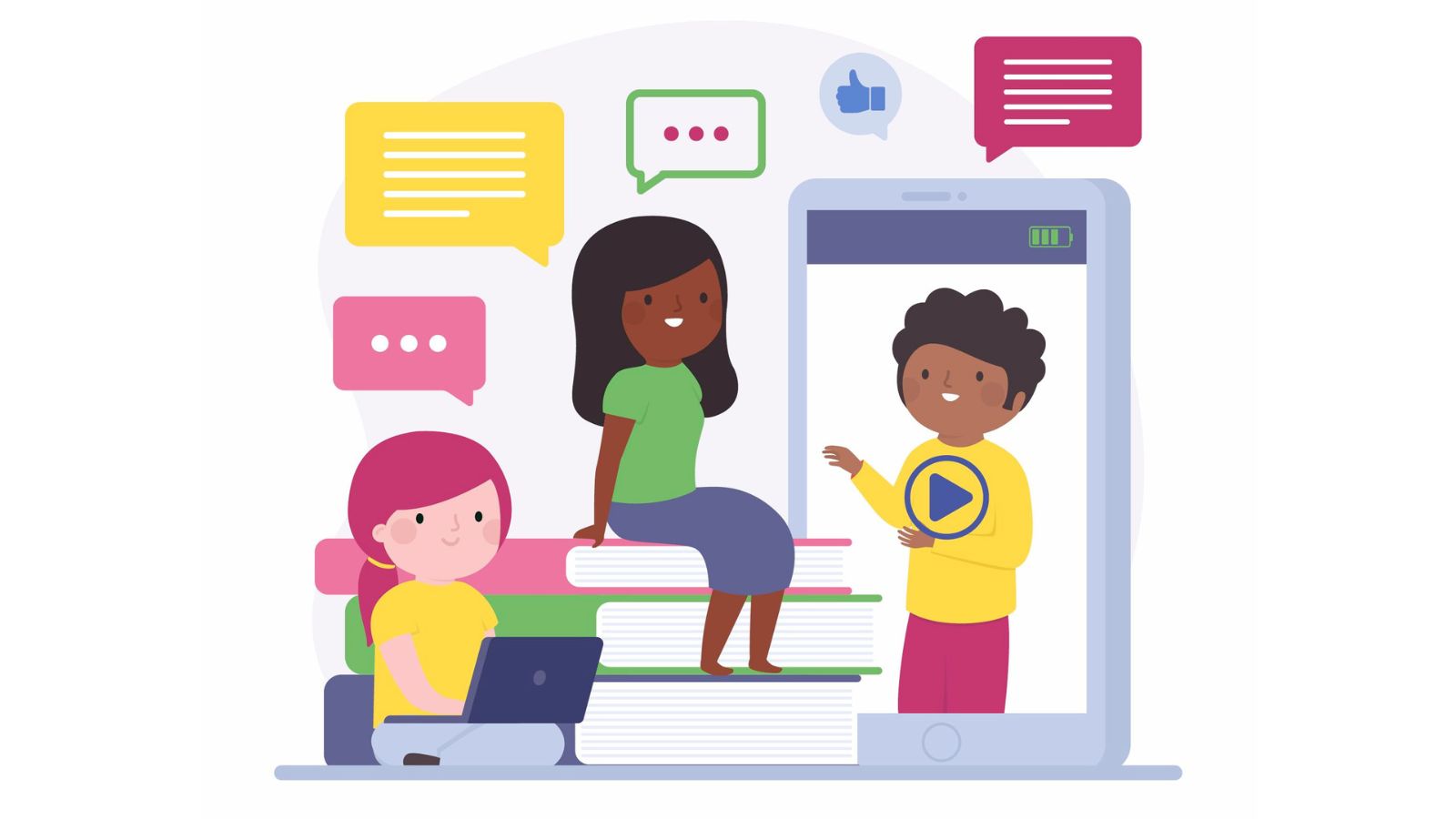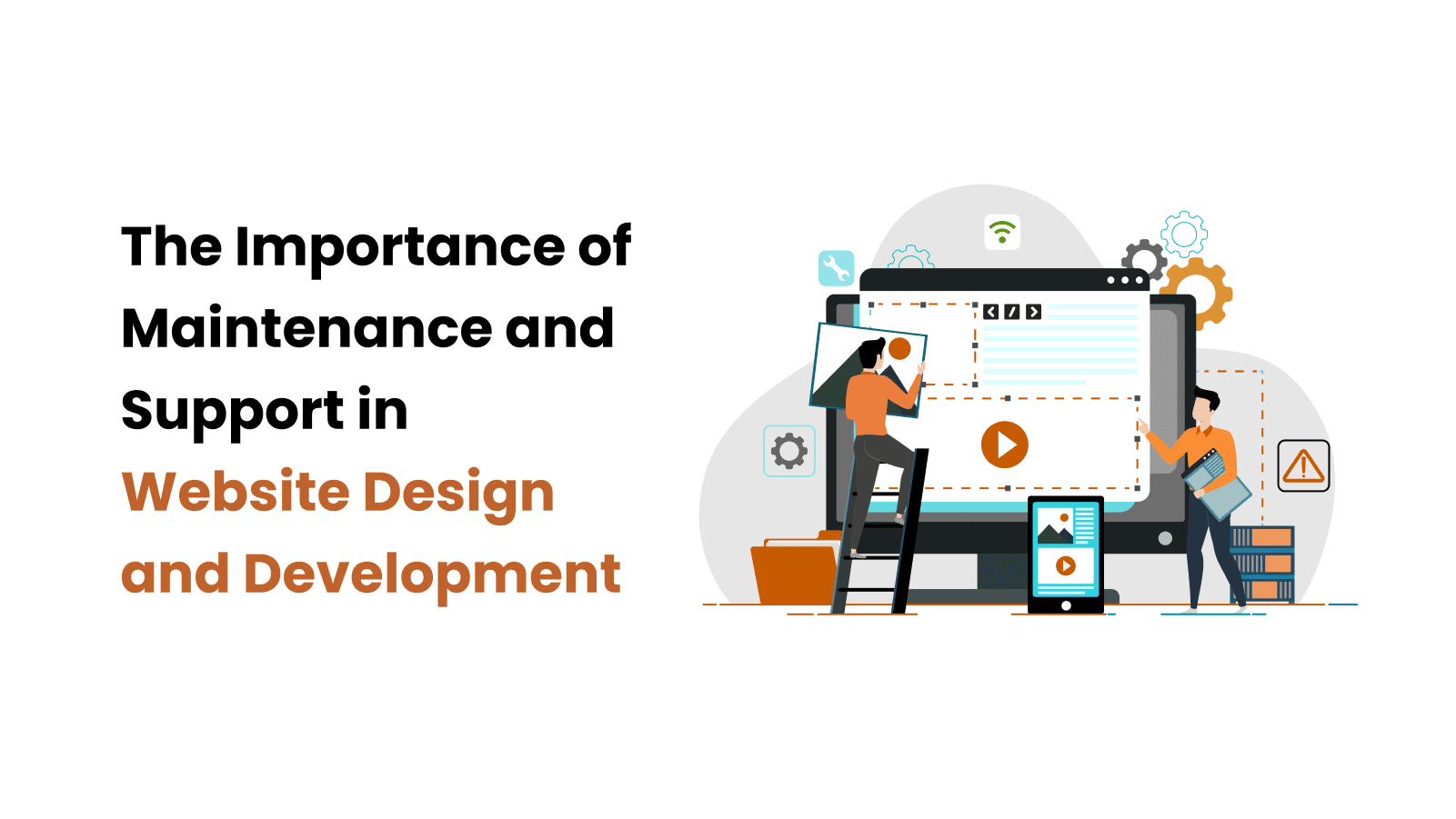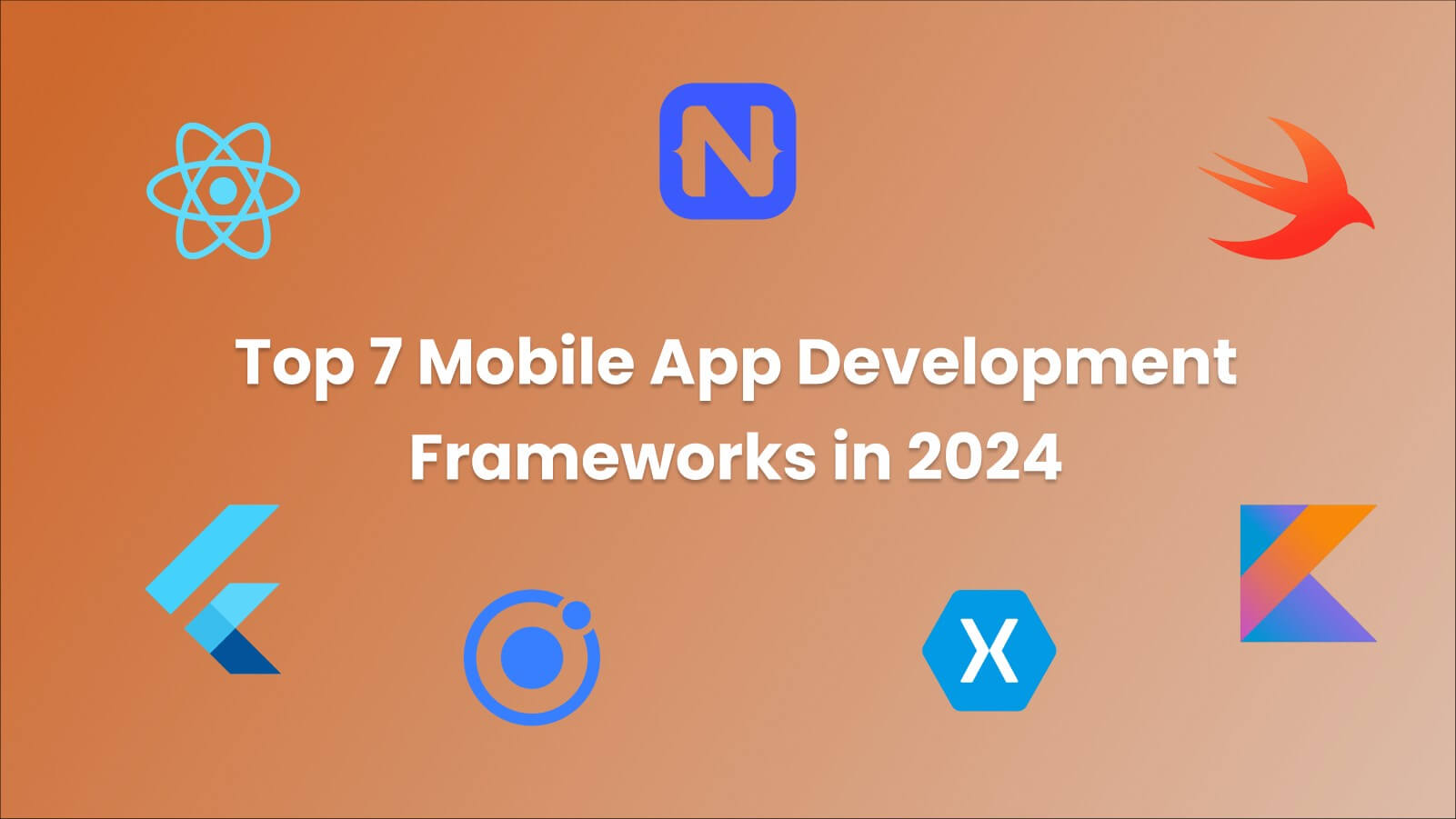
In the digital age, kids' educational learning apps are revolutionizing education by providing engaging and personalized learning experiences. This comprehensive guide explores their significance, key features, challenges, and future trends, emphasizing the crucial role they play in shaping the future of education. 1) Engaging and Interactive Learning: Utilizes interactive content to make learning enjoyable and foster a positive attitude toward education. 1. Age-Appropriate Content: Tailor content to the specific age group, considering cognitive abilities and interests. 1) Age-Appropriate Content: Tailoring content to specific age groups. (1) Immersive and Interactive Learning: VR/AR Integration, Gamification. Examples of successful apps include Duolingo for Kids, offering gamified language learning, and Minecraft: Education Edition, utilizing a creative environment for interdisciplinary learning experiences. Collaboration between developers, educators, and parents is crucial in creating a digital learning environment that nurtures the curiosity and intellect of the next generation. If you're considering developing a kids' educational learning app, reach out to IIH Global, where our team specializes in bringing innovative educational ideas to life. Contact us today to discuss your vision and turn it into a reality.Significance of Kids' Educational Learning App Development:
2) Personalized Learning: Adapts to individual learning styles, allowing children to progress at their own pace.
3) Accessibility and Convenience: Enables learning anytime, anywhere, enhancing convenience for both parents and educators.
4) Multimedia Learning: Incorporates multimedia elements to make abstract concepts more tangible and dynamic.
5) Skill Development: Focuses on specific skills, fostering language, math, problem-solving, and critical thinking.
6) Parental Involvement: Facilitates monitoring of a child's progress, achievements, and areas needing support.
7) Gamification of Learning: Turns learning into a game-like experience, motivating children and fostering a positive attitude.
8) Supplement to Traditional Education: Complements classroom instruction, offering additional resources and practice opportunities.
9) Global Learning Opportunities: Connects children with diverse educational content from around the world.
10) Preparation for the Digital Age: Familiarizes children with technology, preparing them for future technological demands.Key Features of Successful Kids' Educational Learning App Development:
2. Interactive and Engaging Design: Utilize vibrant colors, animations, and interactive elements to capture and maintain attention.
3. User-Friendly Interface: Keep the interface simple and intuitive for independent navigation by children.
4. Gamification Elements: Integrate rewards, badges, and progress tracking to motivate and incentivize learning.
5. Adaptive Learning Paths: Implement algorithms adjusting difficulty based on a child's progress.
6. Multimedia Content: Include videos, audio, and interactive quizzes to cater to different learning styles.
7. Offline Accessibility: Provide offline access to accommodate limited internet connectivity.
8. Parental Controls: Implement robust controls for monitoring and controlling a child's usage.
9. Data Privacy and Security: Prioritize user data privacy and comply with relevant regulations.
10. Educational Value: Align with educational standards, clearly defining learning objectives for each activity.
11. Feedback and Progress Tracking: Provide feedback to both children and parents, enabling progress tracking.
12. Collaboration and Social Features: Include features for peer collaboration and parental involvement.
13. Regular Updates and Content Expansion: Keep the app fresh with regular updates and new features.Challenges in Kids' Educational Learning App Development:
2) Engagement and Retention: Balancing engagement and educational value.
3) Pedagogical Effectiveness: Aligning content with recognized pedagogical principles.
4) User Interface (UI) and User Experience (UX): Designing intuitive and child-friendly interfaces.
5) Data Privacy and Security: Ensuring compliance with regulations and robust security measures.
6) Parental Controls: Integrating effective controls for parental monitoring.
7) Multi-Platform Compatibility: Ensuring seamless functionality across various devices and platforms.
8) Feedback and Progress Tracking: Providing meaningful feedback for both children and parents.
9) Inclusivity and Diversity: Representing a diverse range of cultures, backgrounds, and abilities.
10) Continuous Updates and Support: Keeping content and technology up-to-date and providing responsive customer support.Trends Shaping the Future of Kids' Educational Learning Apps:
(2) Personalization and Adaptivity: AI-powered Learning, Data Analytics.
(3) Focus on 21st-Century Skills: Critical Thinking, Collaboration, Coding and Digital Literacy.
(4) Additional Trends: Microlearning, Offline Functionality, Parental Controls and Safety Features.Successful Kids' Educational Learning Apps:
Conclusion:








